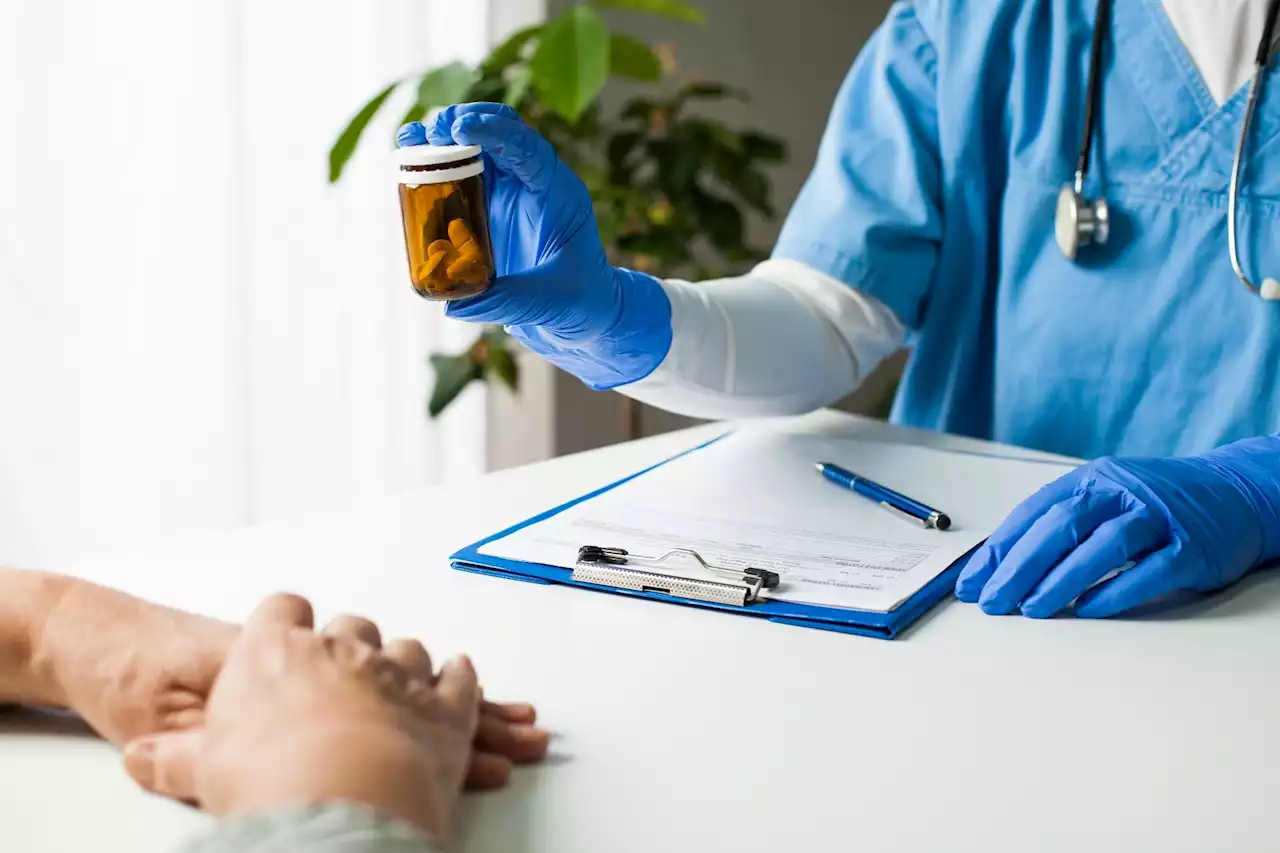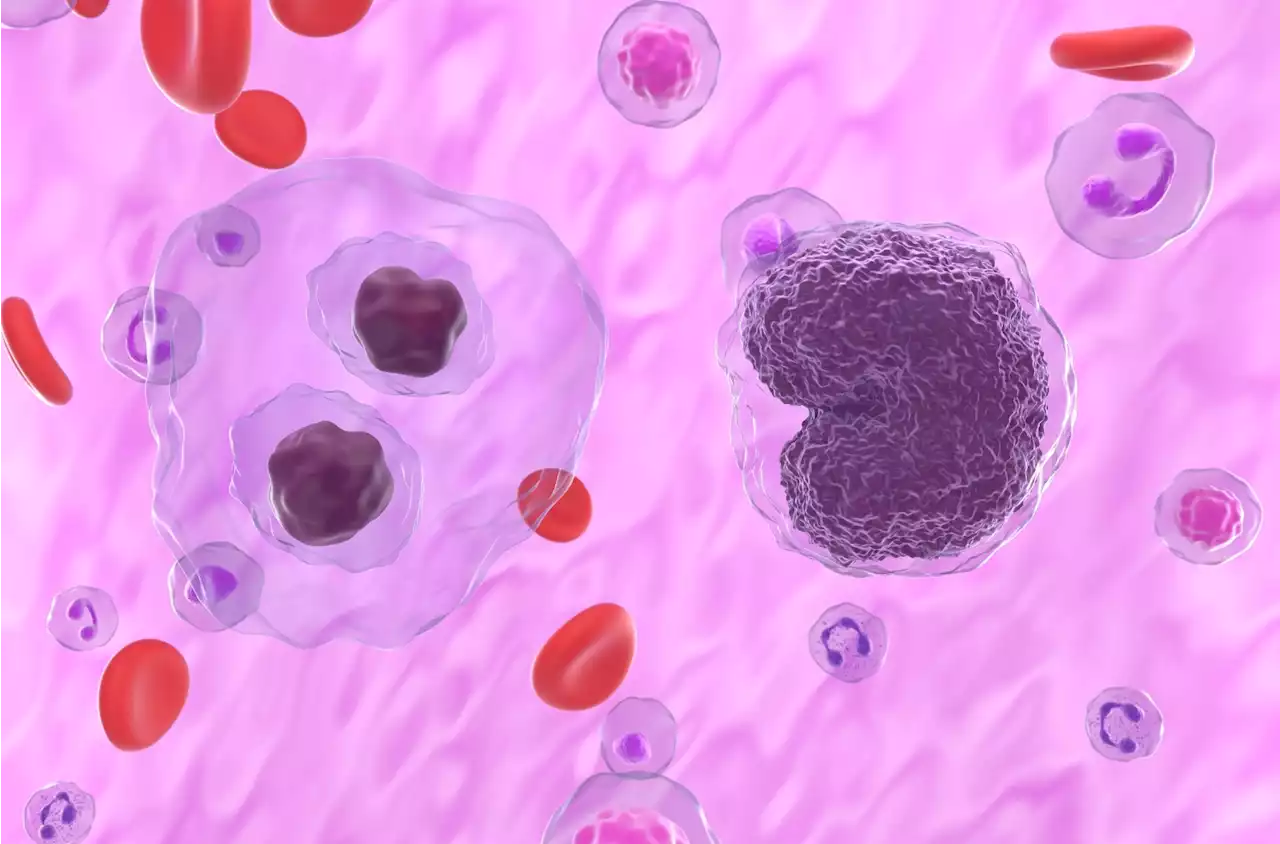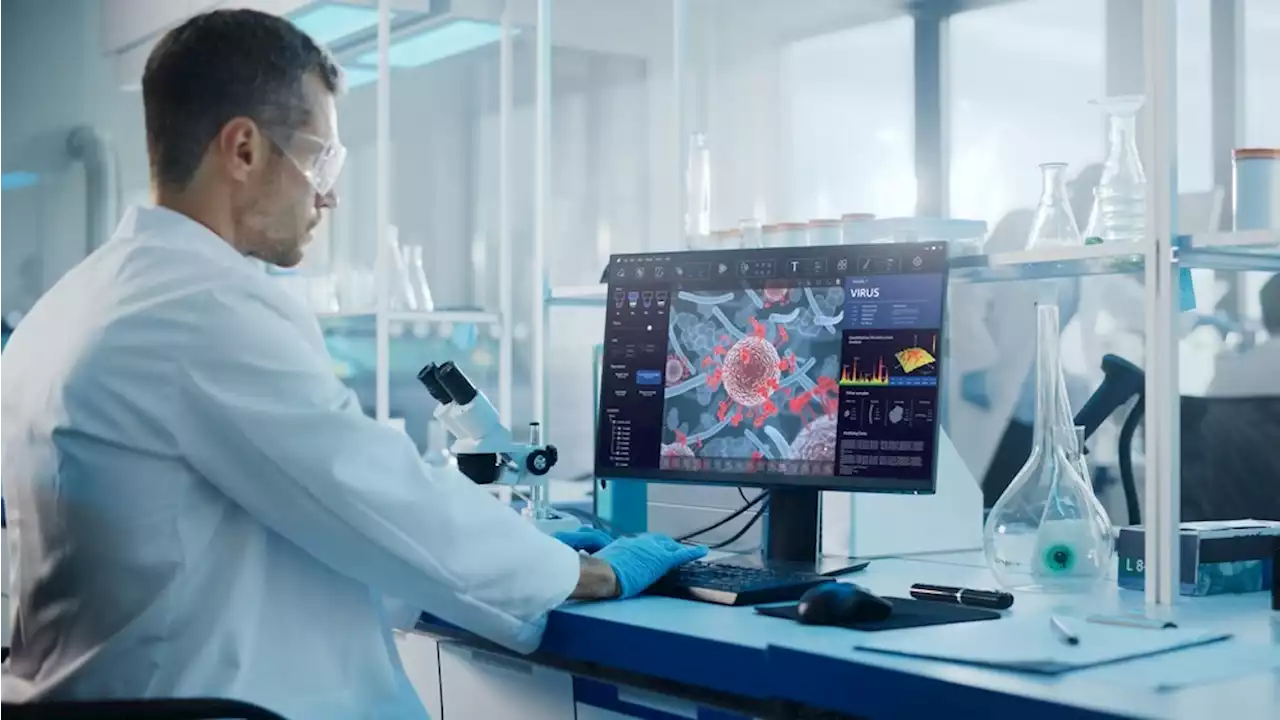Does skin inflammation exacerbate COVID-19? MDPIOpenAccess COVID19 SARSCoV2 SkinInflammation Inflammation
By Tarun Sai LomteOct 18 2022Reviewed by Aimee Molineux In a recent study published in the Internal Journal of Molecular Sciences, researchers discussed inflammation during infection with severe acute respiratory syndrome coronavirus 2 .
SARS-CoV-2 The first patient with SARS-CoV-2 infection was identified in December 2019 in Wuhan, China, per official records. However, recent evidence suggests that it might have emerged much earlier than believed. Although the origin of SARS-CoV-2 remains unknown, it is speculated that the virus may have originated from bat coronaviruses .
Nevertheless, inflammation might be responsible for the poor prognosis as these conditions show a low level of chronic inflammation. SARS-CoV-2 uses host angiotensin-converting enzyme 2 for cellular entry. ACE2 has several anti-inflammatory characteristics. SARS-CoV-2 infection might aggravate the inflammatory state by reducing ACE2 expression levels by internalizing the receptor.
A Danish study reported a decreased risk of COVID-19-associated hospitalization and mortality among patients with gastrointestinal or dermatologic disease. Besides, several studies have independently demonstrated that patients with psoriasis using biologics had no elevated risk of SARS-CoV-2 infection.
Danmark Seneste Nyt, Danmark Overskrifter
Similar News:Du kan også læse nyheder, der ligner denne, som vi har indsamlet fra andre nyhedskilder.
 Hesitancy for receiving regular SARS-CoV-2 vaccination in UK healthcare workers: a cross-sectional analysis from the UK-REACH study - BMC MedicineBackground Regular vaccination against SARS-CoV-2 may be needed to maintain immunity in ‘at-risk’ populations, which include healthcare workers (HCWs). However, little is known about the proportion of HCWs who might be hesitant about receiving a hypothetical regular SARS-CoV-2 vaccination or the factors associated with this hesitancy. Methods Cross-sectional analysis of questionnaire data collected as part of UK-REACH, a nationwide, longitudinal cohort study of HCWs. The outcome measure was binary, either a participant indicated they would definitely accept regular SARS-CoV-2 vaccination if recommended or they indicated some degree of hesitancy regarding acceptance (probably accept or less likely). We used logistic regression to identify factors associated with hesitancy for receiving regular vaccination. Results A total of 5454 HCWs were included in the analysed cohort, 23.5% of whom were hesitant about regular SARS-CoV-2 vaccination. Black HCWs were more likely to be hesitant than White HCWs (aOR 2.60, 95%CI 1.80–3.72) as were those who reported a previous episode of COVID-19 (1.33, 1.13–1.57 [vs those who tested negative]). Those who received influenza vaccination in the previous two seasons were over five times less likely to report hesitancy for regular SARS-CoV-2 vaccination than those not vaccinated against influenza in either season (0.18, 0.14–0.21). HCWs who trusted official sources of vaccine information (such as NHS or government adverts or websites) were less likely to report hesitancy for a regular vaccination programme. Those who had been exposed to information advocating against vaccination from friends and family were more likely to be hesitant. Conclusions In this study, nearly a quarter of UK HCWs were hesitant about receiving a regular SARS-CoV-2 vaccination. We have identified key factors associated with hesitancy for regular SARS-CoV-2 vaccination, which can be used to identify groups of HCWs at the highest risk of vaccine hesitancy and tailor
Hesitancy for receiving regular SARS-CoV-2 vaccination in UK healthcare workers: a cross-sectional analysis from the UK-REACH study - BMC MedicineBackground Regular vaccination against SARS-CoV-2 may be needed to maintain immunity in ‘at-risk’ populations, which include healthcare workers (HCWs). However, little is known about the proportion of HCWs who might be hesitant about receiving a hypothetical regular SARS-CoV-2 vaccination or the factors associated with this hesitancy. Methods Cross-sectional analysis of questionnaire data collected as part of UK-REACH, a nationwide, longitudinal cohort study of HCWs. The outcome measure was binary, either a participant indicated they would definitely accept regular SARS-CoV-2 vaccination if recommended or they indicated some degree of hesitancy regarding acceptance (probably accept or less likely). We used logistic regression to identify factors associated with hesitancy for receiving regular vaccination. Results A total of 5454 HCWs were included in the analysed cohort, 23.5% of whom were hesitant about regular SARS-CoV-2 vaccination. Black HCWs were more likely to be hesitant than White HCWs (aOR 2.60, 95%CI 1.80–3.72) as were those who reported a previous episode of COVID-19 (1.33, 1.13–1.57 [vs those who tested negative]). Those who received influenza vaccination in the previous two seasons were over five times less likely to report hesitancy for regular SARS-CoV-2 vaccination than those not vaccinated against influenza in either season (0.18, 0.14–0.21). HCWs who trusted official sources of vaccine information (such as NHS or government adverts or websites) were less likely to report hesitancy for a regular vaccination programme. Those who had been exposed to information advocating against vaccination from friends and family were more likely to be hesitant. Conclusions In this study, nearly a quarter of UK HCWs were hesitant about receiving a regular SARS-CoV-2 vaccination. We have identified key factors associated with hesitancy for regular SARS-CoV-2 vaccination, which can be used to identify groups of HCWs at the highest risk of vaccine hesitancy and tailor
Læs mere »
 Study reviews hydroxychloroquine and remdesivir antiviral potency against SARS‐CoV‐2In a new study, researchers outlined the synthesis and the possible mechanism of action (MOA) of two potential severe acute respiratory syndrome coronavirus 2 (SARS-CoV-2) repurposing drug candidates.
Study reviews hydroxychloroquine and remdesivir antiviral potency against SARS‐CoV‐2In a new study, researchers outlined the synthesis and the possible mechanism of action (MOA) of two potential severe acute respiratory syndrome coronavirus 2 (SARS-CoV-2) repurposing drug candidates.
Læs mere »
 Did the diagnosis and management of Hodgkin lymphoma differ during the SARS-CoV-2 pandemic?In a new study, researchers evaluated the impact of the SARS-CoV-2 pandemic on the diagnosis and treatment of classical Hodgkin lymphoma (cHL) patients in Istanbul, Turkey.
Did the diagnosis and management of Hodgkin lymphoma differ during the SARS-CoV-2 pandemic?In a new study, researchers evaluated the impact of the SARS-CoV-2 pandemic on the diagnosis and treatment of classical Hodgkin lymphoma (cHL) patients in Istanbul, Turkey.
Læs mere »
 Reduced initiation and duration of breastfeeding in SARS-CoV-2-positive mothersA recent study published in the journal Academic Pediatrics evaluated the associations between severe acute respiratory syndrome coronavirus 2 (SARS-CoV-2) infection and early breastfeeding.
Reduced initiation and duration of breastfeeding in SARS-CoV-2-positive mothersA recent study published in the journal Academic Pediatrics evaluated the associations between severe acute respiratory syndrome coronavirus 2 (SARS-CoV-2) infection and early breastfeeding.
Læs mere »
 In silico studies identify potent plant metabolites capable of inhibiting SARS-CoV-2In silico studies identify potent plant metabolites capable of inhibiting SARS-CoV-2 Coronavirus Disease COVID Metabolites SARSCoV2 StructuralChemistry SpringerNature
In silico studies identify potent plant metabolites capable of inhibiting SARS-CoV-2In silico studies identify potent plant metabolites capable of inhibiting SARS-CoV-2 Coronavirus Disease COVID Metabolites SARSCoV2 StructuralChemistry SpringerNature
Læs mere »
 Using traveler arrival COVID-19 screening data for real-time SARS-CoV-2 surveillanceIn a new study, researchers developed a model to reconstruct the estimates of how many travelers would have tested severe acute respiratory syndrome coronavirus 2 (SARS-CoV-2)-positive at the country of departure.
Using traveler arrival COVID-19 screening data for real-time SARS-CoV-2 surveillanceIn a new study, researchers developed a model to reconstruct the estimates of how many travelers would have tested severe acute respiratory syndrome coronavirus 2 (SARS-CoV-2)-positive at the country of departure.
Læs mere »
